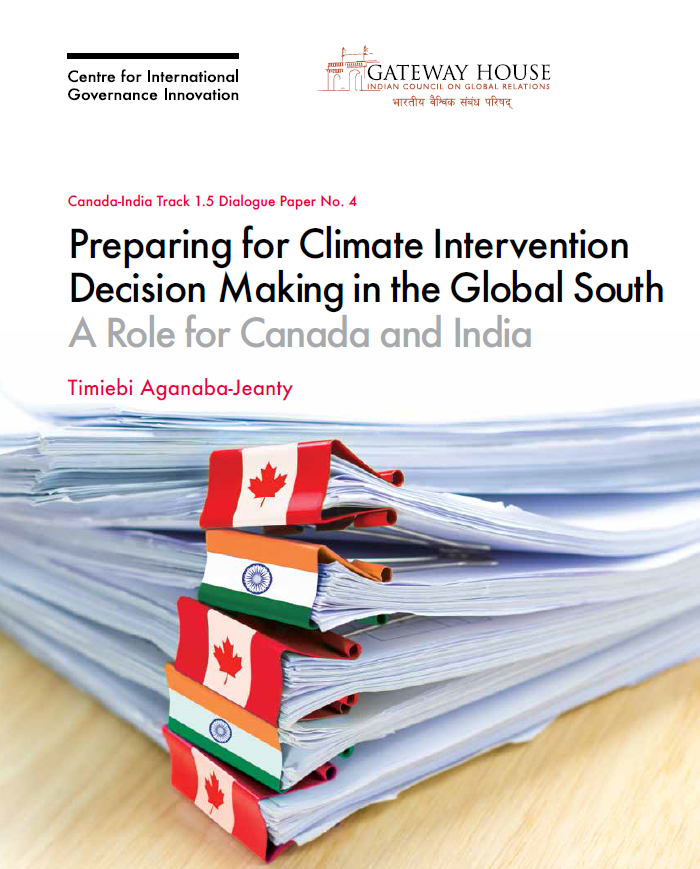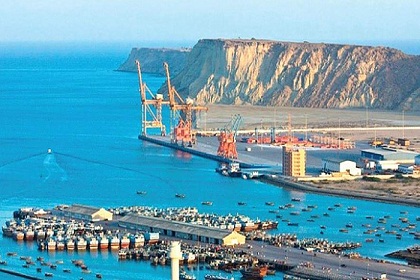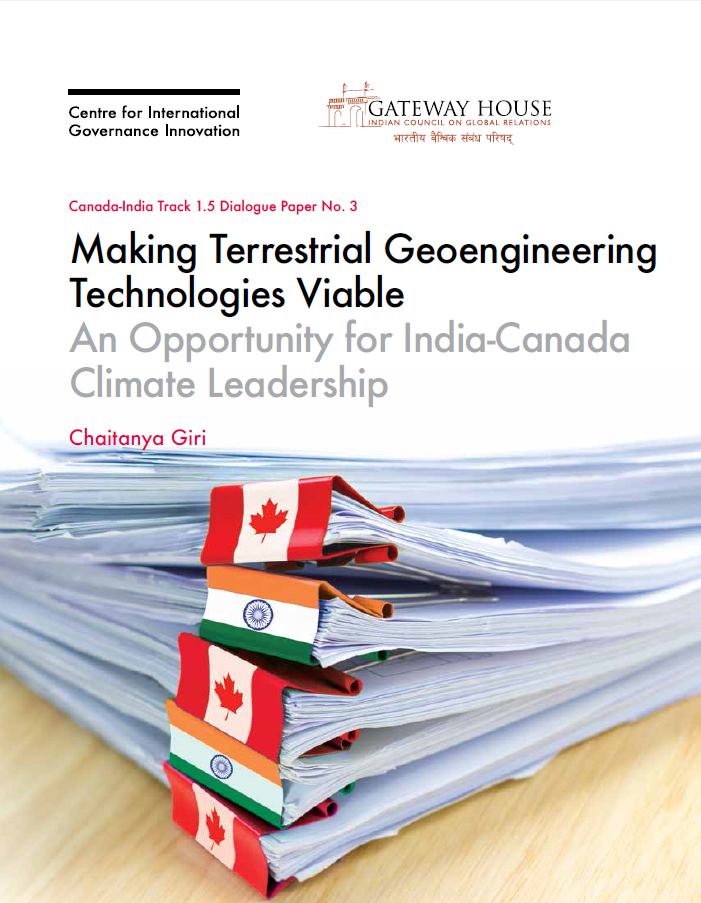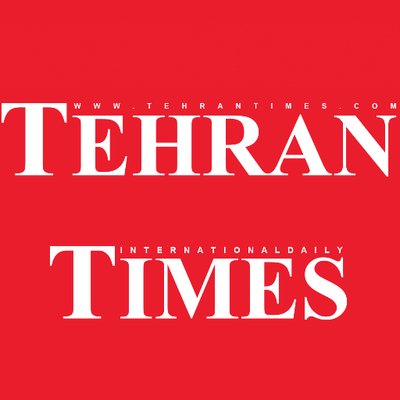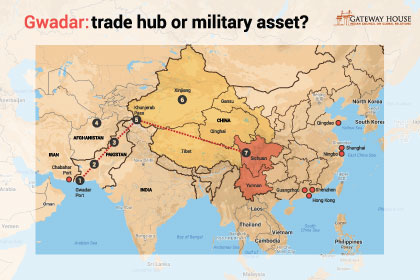Preparing for Climate Intervention Decision Making in the Global South: A Role for Canada and India
The use of climate intervention technologies has not taken into sufficient account the social dimensions of climate intervention research, which includes citizen participation and pooling of knowledge resources. To fill this lacuna, Canada and India can examine what participation in climate intervention research means in the context of an African country to be able to evolve a more international view; urge both countries to conduct national policy discussions on climate intervention research; and increase public awareness of climate intervention technologies

